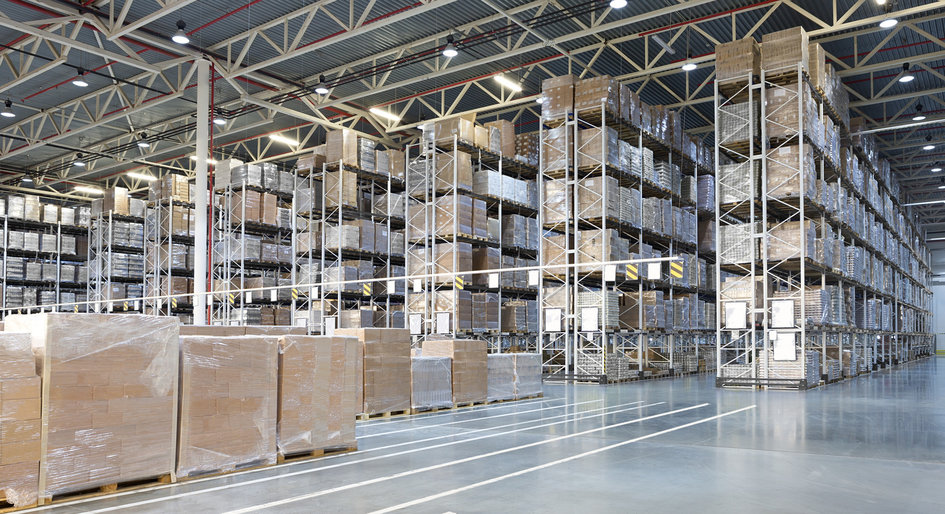Industrial vacancy in Metro Vancouver has hit another new record low and set another all-time high for lease rates. According to the new Q3 National Snapshot report from Colliers, the vacancy plunged 0.5 per cent, down from 0.7 per cent in Q2.
The report explains this is a 70 per cent year-over-year reduction. Colliers noted the historic low vacancy rate highlights a deepening crisis in a sector long fuelled by a shortage of land and a growing demand from e-commerce (especially since the start of the pandemic) and rising lease rates. It is the 19th consecutive quarter where vacancy has been below 2.0 per cent.
“The good news is that COVID has created all kinds of demand for logistics and industrial space, and many companies have benefited from that growth,” says Doug Pulver, EMD at Colliers Vancouver. “The bad news is that it’s driven up prices, pushing many businesses out of the market. Some are moving to smaller, more affordable cities in the Interior and Alberta. And some Ontario companies looking to expand their footprint in BC are now having second thoughts. Increasingly, companies just can’t find the space they need in Vancouver and as a result, lease rates and strata prices are going up dramatically.”
The new National Snapshot shows a further increase in industrial lease rates this quarter, with weighted average asking net rent reaching a new all-time high of $15.50 per square foot, up from $14.88 per square foot last quarter Q2 2021. This increase foreshadows yet more difficulties ahead for small- to medium-sized business wanting to locate or expand in the city. Industrial strata pricing has also gone up again to a new record high at $429 per square foot.
“These numbers are unbelievable and a serious call to action,” says Pulver. “Industrial rental rates are now so high they are competing with office rents in suburban markets. We are facing a real crisis and losing new and existing businesses that deserve to expand in B.C. We have to accommodate the growth, whether its municipalities, the provincial or the federal government, and there should be land getting re-designated for industrial.”





